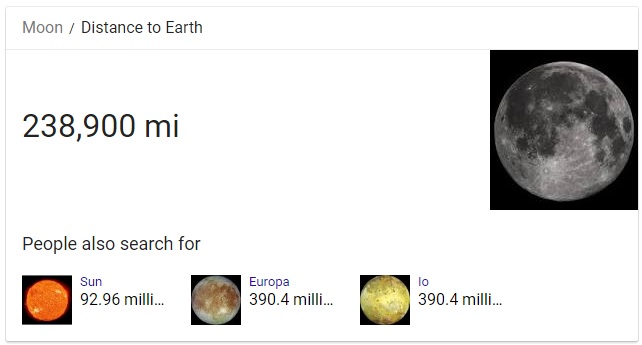Keyword density is a term content creators used long ago to measure the number of times keywords were used in their content. Repeating keywords over and over very rarely affects rankings although if it does affect rankings it will decrease a page’s rankings. This is because it is easily identified as low quality content or even web spam in extreme cases.
The history of keyword density
Back in the 1999-2002 era you could ‘trick’ search engines by repeating phrases. But that is no longer the case… Back then, it worked so well people would even hide the keywords in meta descriptions, or in the code of the page, or use white on white text to repeat the term dozens of times. Google has clearly stated that meta descriptions stopped being a thing 15-20yrs ago, and of course penalizes sites which hide (cloak) text and what not.
As the years went by, people began bolding key phrases or placing them in italics. This has never helped. Somewhere out there, someone must say that it does because I still run into sites doing it. But this is just silly.
As for repeating key phrases, if you do it too much it begins to cross the fuzzy grey line into keyword stuffing, or as Google refers to it: irrelevant keywords. Google defines irrelevant keywords for us as:
“Keyword stuffing” refers to the practice of loading a webpage with keywords or numbers in an attempt to manipulate a site’s ranking in Google search results. Often these keywords appear in a list or group, or out of context (not as natural prose). Filling pages with keywords or numbers results in a negative user experience, and can harm your site’s ranking. Focus on creating useful, information-rich content that uses keywords appropriately and in context.
Is Keyword Density Considered Web Spam?
In addition to the above referenced quality guidelines from Google, Google’s Matt Cutts answered this question best back in 2011 when someone asked him about keyword density. Matt was an engineer on the web spam team and explains how Google can place a lesser importance on a page if you blast it with keywords over and over again.
So while there is a difference between keyword stuffing and just using a key phrase half a dozen times in a large piece of content, usually once or twice is more than enough. It should be so infrequent that you actually do it on accident. If you are adding key phrases to content intentionally, you are probably not helping a page perform any better than it would without adding the key phrases. Adding a key phrase too many times can reduce a page’s rankings. And, of course, adding a key phrase way too many times will make a page really tank, not rank.
Just write for humans
The best content for websites these days ignores that search engines exist. People can safely just create content for humans.
When a 4 year old asks me why balloons can fly, I just tell them that when they have a special gas in them called helium, they float upwards like a bubble in a swimming pool. Simple enough!
Do I pay attention to keywords?
If you follow this blog, you are probably aware that I create content for a plethora of websites all over the world. Since I focus on search and not social, I do personally have a habit of crafting titles as questions which people are likely to ask Google. And, in many articles, I usually do have one heading with the title of the article repeated, word for word. I did it in this article above. But, this is just something I do out of habit.
Meet LSI (or better yet, don’t):
For comprehensive content, an author will typically cover semantic relationships. In other words, if you have a page about “how to catch a fish”, the page will likely cover fishing licenses, water, bait, fish, fishing rods, hooks, etc. Search engines do recognize relationships of these key phrases using something called latent semantic indexing (LSI). This is, again, something 99.999% of people are better off not even knowing about. Again, just create content for humans. The job of the search engine is to find and rank content that is for people. By creating great content for people, you are pleasing the bots.
Eliminating keywords in 2017 and beyond!
I have been experimenting with the complete elimination of keywords all together. I am happy to say that this indeed works, at least in low competition niches or in cases where nobody has yet written the article / answered the question. As search engines evolve to present people with direct answers to their questions and cater to voice search, they are very much becoming better and better at finding answers. As a (bad) hypothetical example, you could have a page called “How far away is the moon?” and the page could simply provide the answer.
Here is what Google currently displays for that search, by the way. As you can see, they extracted everything that the user needs to know:
Recap:
As a good rule of thumb, just use phrases as they come up in natural language, as if you were having a telephone call with a good friend or family member.
If you are just adding phrases over and over trying to get a page to rank, you are spinning your tires, and if you add the keyword to a point where it is uncomfortable to say out loud you are going to create quality issues on your website. If you have quality issues, expect rankings to fall a little.
- Google “Pure Spam” Penalty Deindexes Sites March 6 2024 - March 12, 2024
- What Happened to ChicagoNow.com? - August 30, 2022
- The December 2021 Google Local Pack Algorithm Update - December 17, 2021






Leave a Reply